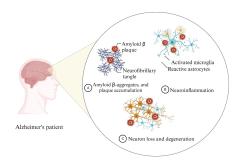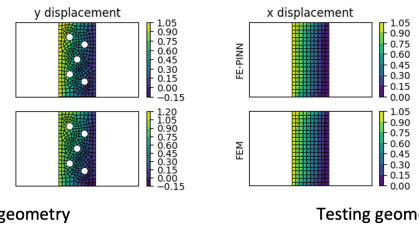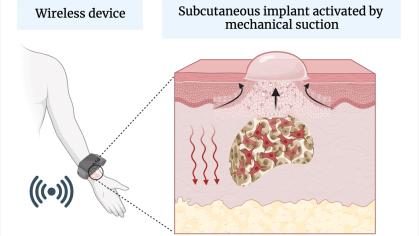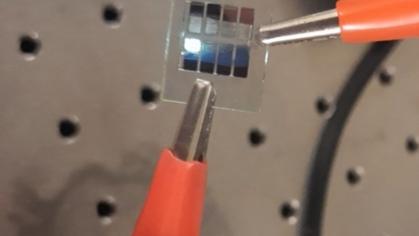Amphiphilic Nanoparticle to Target Amyloid-Induced Microglial Activation
Inventors: Hoda Gebril, Prabhas Moghe, Kathryn Uhrich
Awarded: January 2024
Summary:
Our pioneering nanotechnology holds significant promise for patients grappling with neuroinflammation-associated neurodegeneration, notably in conditions like Alzheimer’s disease (AD). Our research findings indicate that our nanoparticles (NPs) effectively block the buildup of protein aggregation including fibril amyloid beta (fAβ), which is typically present in the brains of AD patients. Furthermore, these NPs prevent immune cells (microglia) overactivation and improved the associated neurotoxicity.
Of particular interest, our NPs stimulate the fAβ clearance by promoting the lysosomal activity in microglia. Unlike FDA-approved drugs that mainly address disease symptoms or target specific pathological aspects, our proposed nano-based technology is designed to address multiple events associated with AD. These include 1) inhibiting the formation of fAβ, 2) reducing excessive fAβ microglial internalization, and 3) mitigating fAβ-mediated neuroinflammation.
Given that early clinical stages of AD are marked by profound neuroinflammation, neurofibrillary tangles, amyloid plaque deposits, and lysosomal dysfunction, our technology, once optimized, has the potential to act on these varied fronts. It aims to arrest the progressive loss of neurons by addressing excessive neuroinflammation and facilitating the natural clearance of neurotoxic proteins, particularly amyloid beta. This multifaceted therapeutic approach is anticipated to target both early and late stages of the disease.
Market applications:

- Early intervention therapy for arresting Alzheimer’s disease progression.
- Treatment for amyloidosis.
- Therapeutic solution for neuroinflammation-associated neurological diseases.



